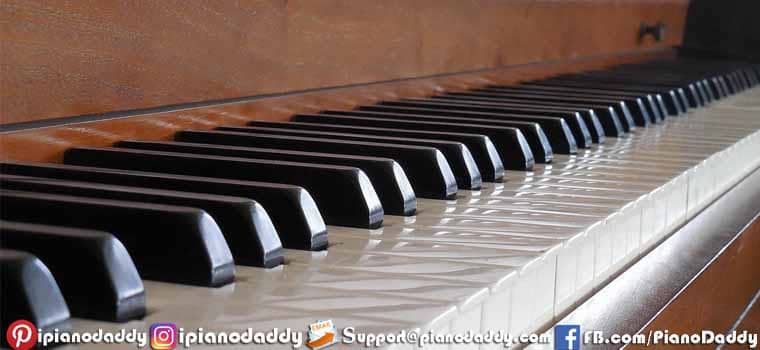Best Ways To Clean Old Piano Keys
Instructions: Sign + = Higher Octave, - = Lower Octave, # = Sharp Notes, b = Flat Notes. See Piano Theory Click Here Key Name details with diagram.
Best Ways To Clean Old Piano Keys
No pianist enjoys playing on a dusty or grease covered piano keys. In this article you will learn the steps and methods that can be used to effectively clean your old piano keys. Best Ways To Clean Old Piano Keys.
The first thing to consider is the kind of material the keys are made of. Basically, most piano keys are made from four materials which include: Ivory, Ebony, cellulose or acrylic plastic. Irrespective of the material the key is made from, they all still get dirty at some point and need cleaning. So the following steps will help you clean your keys effectively:
- Use Microfiber cloth to dry wipe the keys.
Irrespective of the kind of keys you’re cleaning, you should first of all clean with a dry cloth. Whether it is an ivory key or a plastic key dry wiping helps clear out any dust that have settled on the key recently. One way to do this is to wipe towards yourself, starting from the top of the keys to the edge. When you wipe horizontally, you may misaligned the keys and probably damage them.
- Dip a cloth in soapy water and then rub the keys.
Certain key materials should be considered before using a damp material to wipe the keys. Not all materials should be cleaned with damp cloths. For instance, using a damp cloth on an ivory key can damage it and cause the glue sealing them to get weak if the cloth is too wet. Ensure to use wipe with white cloths as well so that the dye on colored cloths do not stain the keys. Plastic keys are not to be given much consideration. You could decide to wipe them with lemon juice or vinegar or polish. While wiping, ensure that the piano is switched off.
- The Cleaning Technique.
Mix a solution of one-part dish soap and four parts water. Then use a white cotton cloth and slightly soak it in the liquid. Start with the keys with the lowest white note. Ensure to wipe the keys from back to forth to take out the dust from the keys. As you continue, the white cloth may become dirty, use another part and continue. Do these for all the keys, both black and white as well. Give the entire piano a neat and spotless look, free from any form of dirt.
- Removing Discoloration
Overtime the piano keys become dirty and lose their colors and this may make the piano lose its beauty. You may use different methods to whiten the tone. For ivory keys, you can restore back their colors by using a toothpaste. Most plastic keys become discolored when exposes to sunlight and restoring back to their original color may seem difficult.
Tips to use to prevent the keys from getting dirty
- Ensure to wipe your piano regularly to take out the buildup. Avoid leaving the keyboard exposed for long.
- Ensure you properly wash and wipe your hands before sitting to play on your piano.
- Do not leave the keys under direct sunlight if they are made of plastic material.
- Ivory keys tend to become whiter when they are not under direct sunlight.
- Close the keyboard when not in use. The lid helps to prevent dust from falling on the keyboard.
What not to do while cleaning the Piano keys
- While cleaning, avoid wiping side to side as this may cause the keys to get misaligned.
- Do not wipe from front to back either as the aim of cleaning is to pull the dust away from the keys.
- Never you use a scouring pad or a scrubbing brush to remove tough stains.
- Never spray or directly pour cleaning solutions on the piano keys. Water from this mixture may damage the keys.
These are demo notes for respective song. You can try it on your instrument. If it works for you and you are comfortable to play with our notes, you can simply get full notes by paying us. Just click the Buy Now button below and see our packages.

Hope you enjoyed our Piano Notes. Please share with your friends who wanna learn Piano Online.

